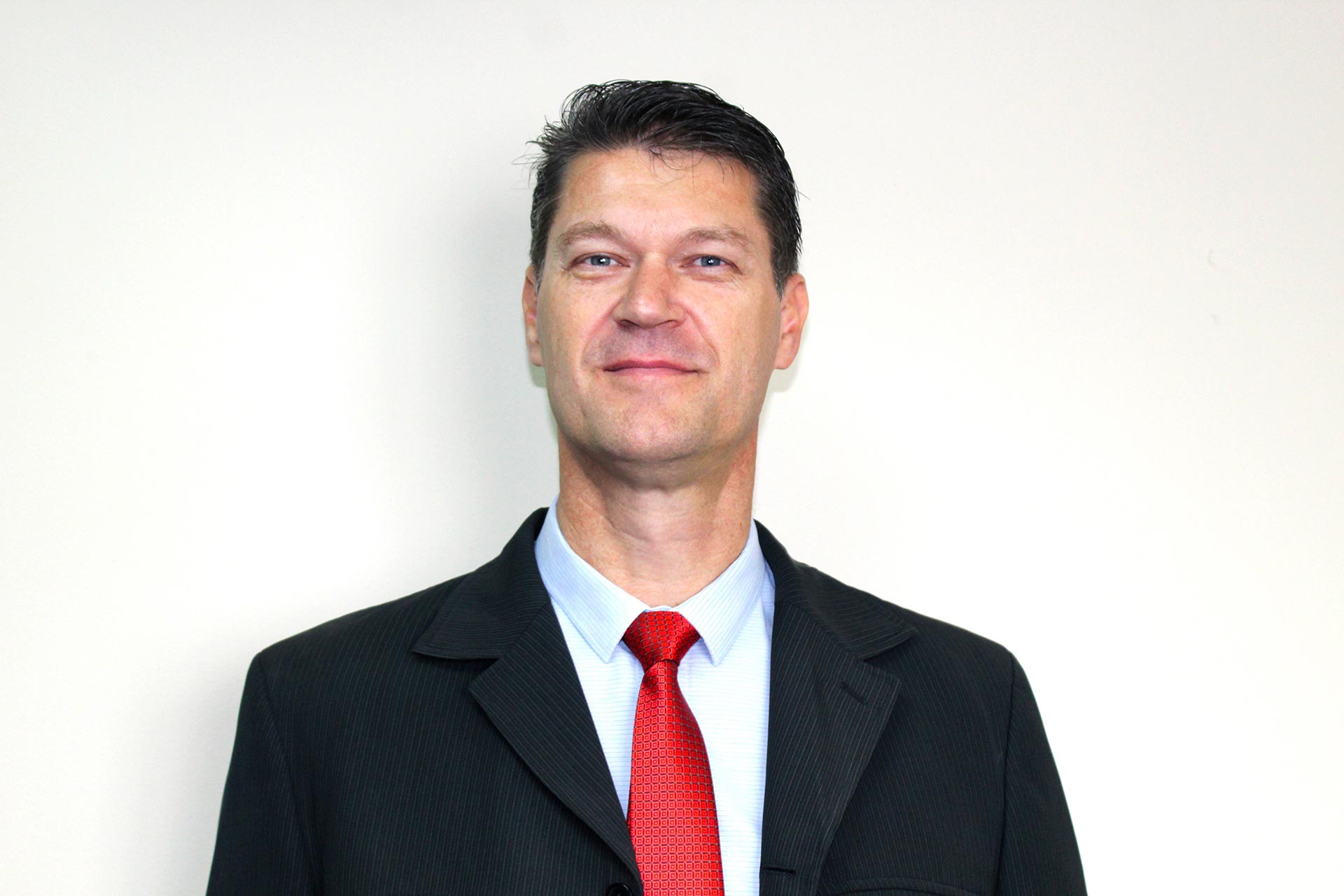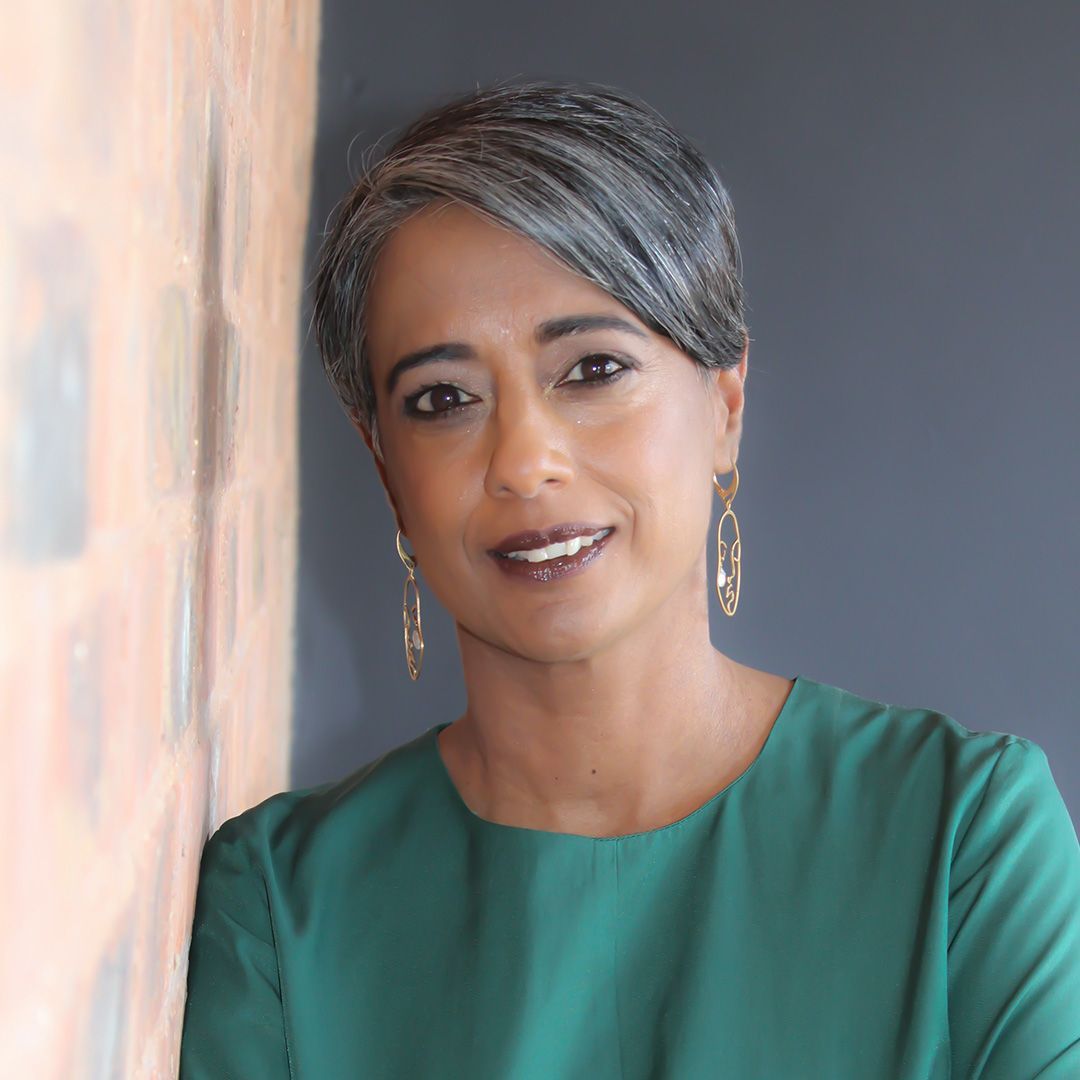Imperative to retain your medical scheme cover at this time
Drickus Maartens • April 22, 2020
Josua Joubert, Chief Executive and Principal Officer of CompCare Medical Scheme
With South Africans officially in lockdown due to the COVID-19 pandemic, many people are concerned about their financial situation and are looking to tighten their belts. Josua Joubert, Chief Executive and Principal Officer of CompCare Medical Scheme, advises those who have medical scheme cover to nevertheless do their level best to retain their membership over this tumultuous time.
“In these uncertain times, none of us know whether we may need our hospital or other health benefits, and it has probably never been more important to belong to a medical scheme than it is right now,” says Joubert.
“Therefore we encourage medical scheme members, no matter whether they have a hospital plan, or more comprehensive cover with day-to-day benefits, to do their utmost to retain their membership, even though it may be difficult from a financial point of view at the present time,” he adds.
“Aside from providing cover for hospitalisation, medical scheme membership offers a number of additional benefits to assist in carrying you and your loved ones through these challenging times. Now is a good time to use these to full advantage to assist you in taking care of your physical and mental health.”
Joubert says that all medical scheme members, including those with just a hospital benefit, should remember that medical schemes are required by law to provide cover for all prescribed minimum benefits (PMBs), which are a set of defined benefits for 25 chronic medical conditions. This ensures that all medical scheme members have access to certain minimum health services, no matter what benefit option they are on.
“At CompCare we have made a number of adjustments to our services at this time, including making provision for telephonic or video-call consultations with medical professionals, and thus avoiding the need for face-to-face consultations as far as possible to assist in reducing the possibility of the transmission of the virus.
“We are also finding that there is a considerable demand for the telephonic counselling service that is offered to all CompCare members through our psychosocial benefit. This is assisting many to deal with the physical, mental and financial uncertainties that surround the pandemic. Provision can still be made for face-to-face counselling in more serious cases but here again we are encouraging the use of technology such as video-calls between therapist and client as far as possible.
“We understand only too well that the changing face of our world and our personal circumstances will take an emotional toll on many people and wish to remind our CompCare members that our telephonic psychosocial service is at hand to assist should they require it. This remains available to them 24/7/365 throughout the lockdown period and can be accessed toll-free on 0800 390 003.”
Joubert warns that cancelling, or allowing membership to lapse may have consequences, which all members should be aware of. These may apply even when re-joining a medical scheme, and could include the following:
- Those who terminate their membership now may well be subjected to a waiting period and/or a late joiner penalty should they wish to re-join a medical scheme at a later stage.
- The Medical Schemes Act stipulates that any break in medical scheme coverage of more than 90 days, entitles a medical scheme to impose a three-month general waiting period, as well as a 12-month condition specific waiting period, on the membership of an applicant. During this time, Prescribed Minimum Benefit (PMB) conditions will not be covered.
- The Act also states that if an applicant who is 35 or older when joining a medical scheme, has a break in coverage exceeding three consecutive months since 1 April 2001, their scheme may impose a late joiner penalty. This does not expire and the percentage calculated in terms of Regulation 13 will be added to your monthly contribution indefinitely.
“It is therefore important for members of any medical scheme to try to retain their membership as far as possible, so that they can avoid the possible imposition of waiting periods and late joiner penalties, which were put in place specifically to protect the reserves of medical schemes.”
By law medical schemes cannot charge different premiums for members based on their health status or age. Contributions can only vary based on a member’s income and the number of dependants registered on the membership. Medical schemes must also operate as not-for-profit organisations.
“Given that all members pay the same contributions, it would be somewhat unfair towards members who have been contributing to the fund for years, if an applicant who only just joined the scheme were to receive exactly the same benefits for the same contribution, without being impacted by waiting periods or late joiner penalties,” explains Joubert.
“CompCare members can rest assured that the scheme will be at their side should they require it. Despite the uncertainties of this time, a few certainties remain, such as the knowledge that when we work together, we can more effectively tackle the COVID-19 pandemic,” concludes Joubert.

February 28, 2025
The lives of millions of South Africans with a litany of rare diseases can be vastly improved, and even saved, by addressing challenges in identifying, studying and treating their conditions. With Rare Disease Day on the 28th of February 2025, the Rare Diseases Access Initiative (RDAI) is driving an evolution of the country’s healthcare, through innovative strategies to better care for over 4.2million people living with an estimated 7000 rare diseases. “As our healthcare system faces significant changes in the years ahead, it is vital that we also advocate for people living with rare diseases in South Africa, especially those with limited healthcare access,” said Kelly du Plessis, CEO of Rare Diseases South Africa (RDSA), a member of RDAI. “As part of our ongoing research and awareness efforts, RDAI has conducted an initial analysis of the incidence and prevalence of rare diseases within the country.” This research will assist in improving access to healthcare, policy development, and patient advocacy, while giving critical insight into the challenges faced by patients. “According to research, some rare diseases affect fewer than 1 in a million people, while others, such as Down syndrome, cystic fibrosis, and haemophilia, have a more recognisable prevalence,” says Dr. Helen Malherbe, RDAI lead researcher on rare disease prevalence data. “Many conditions are undetected, underdiagnosed or misdiagnosed, with too many having no information available about them at all.” The RDAI was formed in 2019 to promote a more favourable environment for those impacted by rare diseases in South Africa. Participants include Ampath, the Board of Healthcare Funders (BHF), Discovery Health, Genetic Counsellors South Africa (SASHG), the Government Employees Medical Scheme (GEMS), Health Funders Association (HFA), Medihelp, Medscheme, North-West University (NWU), Rare Diseases South Africa (RDSA), the South African Medical Association (SAMA) and The South African Medical Technology Industry Association (SAMED). The Council for Medical Schemes (CMS) participates as an observer. In the same year, Rare Disease International signed a memorandum of understanding with the World Health Organisation leading to an international rare disease policy framework. In 2021, the United Nations General Assembly moved to adopt a resolution recognising 300 million people living with rare diseases worldwide. “A general lack of awareness and delayed diagnosis remain major hurdles for those affected by rare diseases. Policymakers and healthcare stakeholders need to prioritise access to treatment, diagnosis, and support for rare disease patients,” says Bada Pharasi, CEO of IPASA, “Through this initiative, working collaboratively with stakeholders at every level of the healthcare supply chain, we can bring real and meaningful change to those affected, including family members and care givers, through smart and efficient strategies.” The globally agreed definition of a rare disease is any medical condition with a specific pattern of clinical signs, symptoms, and findings that affects fewer than or equal to 1 in 2000 persons in a population. “Most are genetic, and some are inherited and passed down in families,” Malherbe says. “Some affect only the patient’s genetic recipe, while others may be acquired during life due to infection, trauma, or environmental effects. For many, the cause is still unknown. “These conditions mainly affect children, as they are largely incurable and many are life-threatening. Some require specialised and co-ordinated care, some have limited and expensive treatment options, while others have no information or effective treatments at all,” she adds. The RDAI is calling for a patient-centred care model built on equitable access, transparency and efficiency. Naturally, this model calls for the open participation of patients, the healthcare industry, health professionals, and the Government. “The most critical elements are robust diagnosis standards, improved access to treatment, data collection and management, co-ordination of care, measurement of outcomes and ongoing collaborative research,” du Plessis says. “We need to establish rare disease advisory committees, map gaps and opportunities, establish system requirements, create a roadmap and plan a phased implementation with clear timelines.” The RDAI states that these policy development steps would be a start in quantifying the disease burden and defining standards of care. This would be followed by building and strengthening the capacity to facilitate appropriate diagnosis, treatment, continuity and data monitoring. Thoneshan Naidoo, Chief Executive Officer of the Health Funders Association noted that, “We appreciate the unique opportunity provided by RDAI which enables stakeholders across the industry to work together and identify strategies that improve equitable access to the appropriate diagnosis, treatment and healthcare services for rare disease patients, in an affordable and sustainable manner, taking account of the other pressing needs across the healthcare system.” “True innovation in healthcare is only possible through partnerships and joint advocacy efforts that raise awareness and improve access to treatment. Our long-term goal is the development of a rare diseases policy framework and guidelines for coordinated care,” says Pharasi. “Our members are united in the commitment to unlocking improved patient outcomes and improving access to services and robust health needs assessment facilities.” he concludes. About RDAI The Rare Diseases Access Initiative (RDAI) is dedicated to advocating for improved healthcare access, policy development, and patient support for those affected by rare diseases in South Africa. The initiative brings together key healthcare stakeholders, including pharmaceutical associations, funders, genetic specialists, and patient advocacy groups, to drive impactful change. About RDSA Founded in 2013, Rare Diseases South Africa (RDSA) is a non-profit organisation advocating to ensure that people living with rare diseases and congenital disorders experience greater recognition, support, improved health service and better overall quality of life. Started out of personal need following the diagnosis of organisation founder, Kelly du Plessis' son, it became evident that there was a lack of awareness and support for rare diseases in general in South Africa. About IPASA The Innovative Pharmaceutical Association South Africa (IPASA) is a voluntary trade association representing 24 leading pharmaceutical companies committed to research, development, and innovation. Our mission is to drive healthcare advancement by advocating for policies that improve patient access to safe, high-quality, and affordable medicines.












